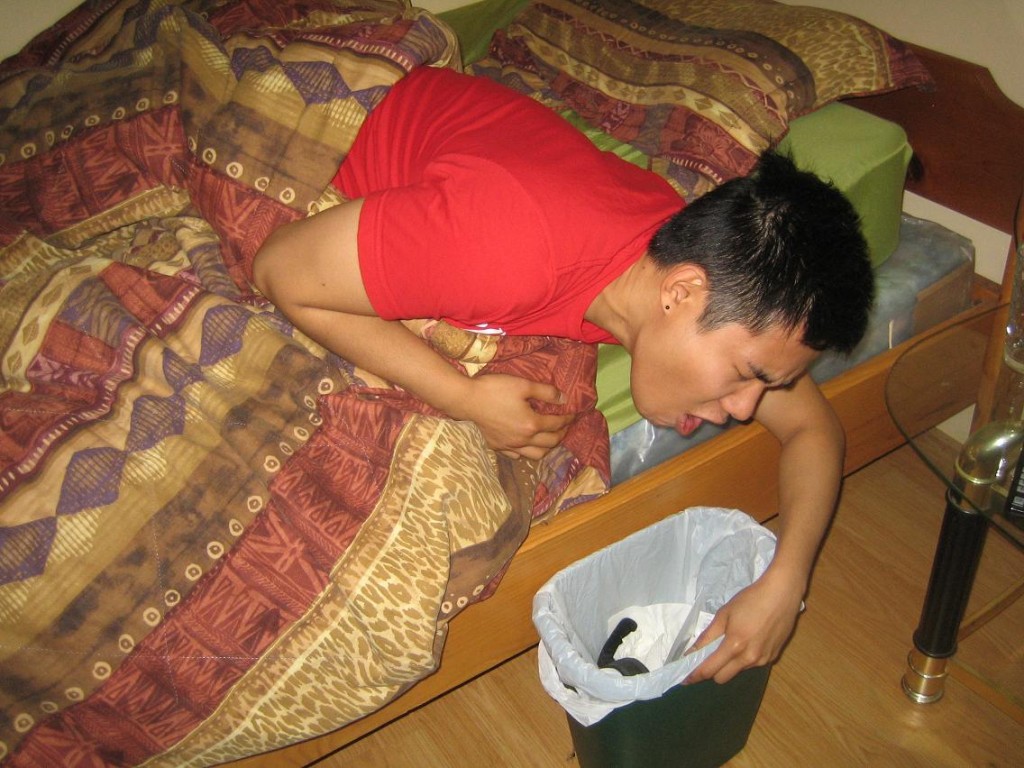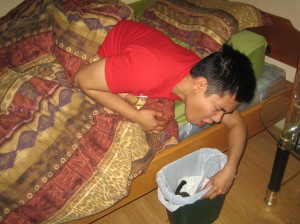A norovirus infection usually settles within a few days or so once the immune system clears up the infection. In some instances, hospitalization is required if the symptoms are severe or if complications develop.
Measures to manage the symptoms of a norovirus infection
Increased fluid intake
The objective is to prevent dehydration or manage one if it has already developed. Once dehydration is suspected, it is best to consult a doctor.
- It is recommended to drink at least 200 ml of water after every episode of diarrhea.
- If vomiting occurs, wait for 5-10 minutes and start drinking again but at a slower manner. It is recommended to sip every 2-3 minutes.
- If dehydrated, the individual should drink more. The doctor will recommend on the ideal amount to drink.
If vomiting occurs, wait for 5-10 minutes and start drinking again but at a slower manner. It is recommended to sip every 2-3 minutes.
In most adults, the ideal fluid to keep the body hydrated is water. It is not advisable to drink beverages that contain sugar since they can worsen diarrhea.
Rehydration drinks are also recommended for frail individuals, the elderly or those who have underlying health issues. These can provide the ideal balance of water, sugar and salts. Just remember that they will not stop or reduce diarrhea. Nevertheless, a small amount of sugar and salt helps with the reabsorption of water from the intestines into the body.
Normal diet
It is recommended to stick with small, light meals if possible. The individual might not have the appetite but most adults can do well without intake for a few days. It is best to eat as soon as he/she is able but do not stop the intake of fluids.
Once appetite returns, avoid eating spicy, fatty or heavy foods. Recommended food items to eat include plain foods such as rice and whole meal bread.
Medications
Anti-diarrheal medications are not usually required. Nevertheless, it might be needed to reduce the frequency of trips to the toilet.
The safest and effective choice is loperamide. Among adults, 2 capsules are taken initially. This is followed by 1 capsule after every episode of diarrhea for up to a maximum of 8 capsules in 24 hours. This medication works by delaying the intestinal activity. Just remember that loperamide should not be taken for more than 5 days.
In addition, anti-secretory medications are usually taken with rehydration treatment. This works by reducing the amount of water released into the intestines during an episode of diarrhea.


